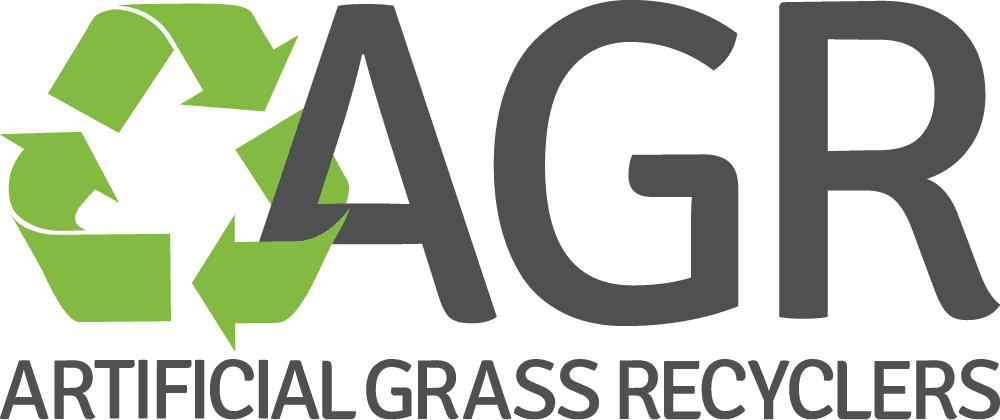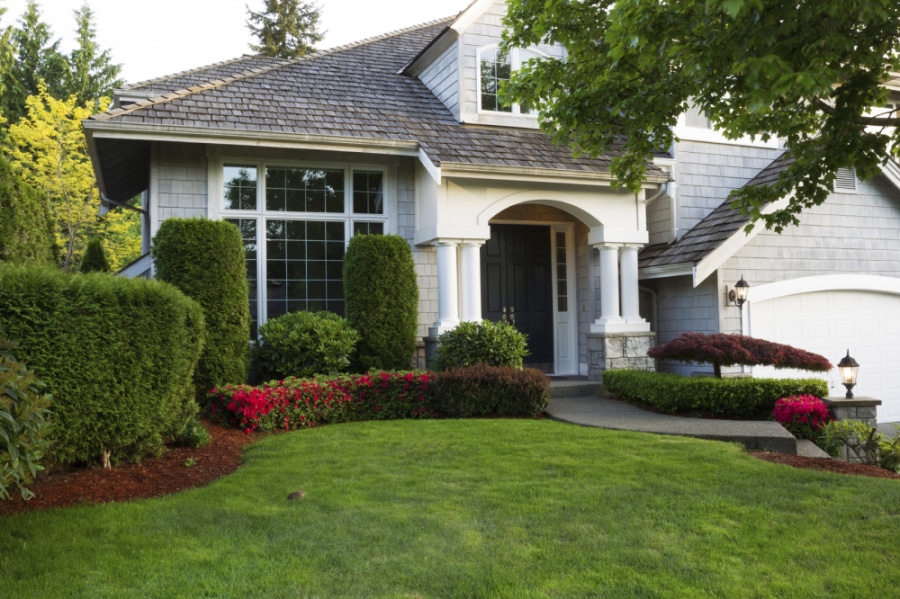Did you know you can save money with repurposed artificial grass?
In 1966 the Houston Astros, the major league baseball team, became the first team to play on an artificial grass. Its use quickly spread to other arenas and soon many professional baseball and football teams were playing on artificial grass across the United States.
Initially, it was used in arenas primarily because it was less expensive and there was less maintenance involved. In addition, the average life for the synthetic grass was about ten years, depending on its use and wear and tear.
That was nearly fifty years ago.
Since then, artificial grass has undergone many improvements. Its use has expanded to other purposes as well. One of the most innovative uses for artificial grass is in landscaping. For homeowners who have difficulty in keeping a beautiful lawn, artificial grass can be an aesthetic solution.
Landscaping with Repurposed Artificial Grass

Recycled artificial grass repurposed from sports fields provide an affordable landscaping solution.
The most common reason homeowners replace their natural lawn with recycled artificial grass is because of the lack of water and maintenance it requires to look healthy all year long. The cost of maintaining a lawn, especially if you’re living in a dry area, can be an uphill battle month after month.
In addition to requiring normal mowing, edging, and fertilizing, natural lawn needs water … a lot of it. According to the US Environmental Protection Agency (EPA), landscape irrigation accounts for around 9 billion gallons of water per day.
“The average American family uses 320 gallons of water per day, about 30 percent of which is devoted to outdoor uses. More than half of that outdoor water is used for watering lawns and gardens. Nationwide, landscape irrigation is estimated to account for nearly one-third of all residential water use, totaling nearly 9 billion gallons per day.”
That’s a lot of water.
Because artificial grass doesn’t require water, homeowners have adopted it not only as a drought-tolerant landscaping solution, but as a way to save money year after year.
Financial benefit aside, artificial landscaping offers homeowners the freedom to add stylized landscaping to their property, which can actually increase the value of the property and help it stand out with luxurious flair.
Is Artificial Grass Safe?

A 2015 report from Connecticut’s Department of Public Health concluded no health risk of artificial grass.
Some remain unsure about its safety, but research hasn’t been able to link artificial grass with any health risks.
Substantial research has been done in these areas and the conclusion is that artificial grass is a safe alternative to grass. A 2015 report from Connecticut’s Department of Public Health said, “Our study did not find a large amount of vapor or particle release from the fields confirming prior reports from Europe and the US. We put these exposures into a public health context by performing a risk assessment. Our risk assessment did not find elevated cancer risk.”
Such reports lay peoples’ concerns to rest.
Conclusion
Today, everyone is encouraged to recycle and that means recycling artificial grass as well. For homeowners and businesses, repurposed artificial grass is a great option to consider.
By using recycled artificial grass, you can save even more money and provide a safe way to reuse the product without contributing to landfills. This is a relatively new industry, but it’s rapidly growing as homeowners and businesses learn more of the safety and benefits artificial grass offers.

